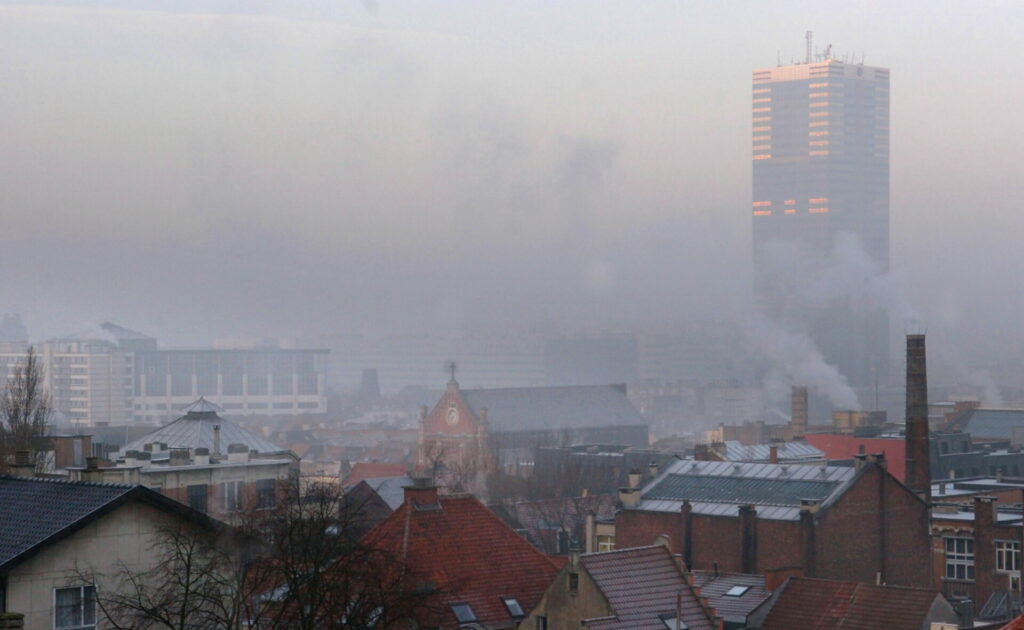Belgium’s most polluting companies receive €4.4 billion in public funding annually, according to Greenpeace Belgium’s "Paid to Pollute" report released on Friday.
The environmental organisation identified that these companies benefit from a mix of direct and indirect public funding mechanisms.
These range from the European Union’s Emissions Trading System (ETS) and compensations for indirect emissions costs, to levies on gas and electricity and contributions for green electricity.
Figures from the NGO (non-government organisation) reveal that these mechanisms result in subsidies of up to €4.4 billion each year for the country’s most polluting companies.
Prominent among these firms are steel manufacturer Arcelor-Mittal, chemical company Ineos, oil and energy company Total Energies, chemical company BASF, building materials company Holcim, and mining company Lhoist, according to the report.
"The political leaders talk about drastic reductions in public finances in the coming years and hide behind the feasibility and financeability argument when it comes to climate measures or protecting nature," said Nadia Cornejo, spokesperson for Greenpeace Belgium.
"Our report shows these are excuses for continuing lenient policies towards industries and their hunger for fossil fuels," she added.
In its report, Greenpeace called for Belgium's policy makers to bring an end to unconditional subsidies for polluting companies.
"Only companies with real climate plans should be eligible for subsidies, in a limited way and only if the support leads to actual outcomes," in terms of their CO2 emissions reduction, the NGO stressed.

